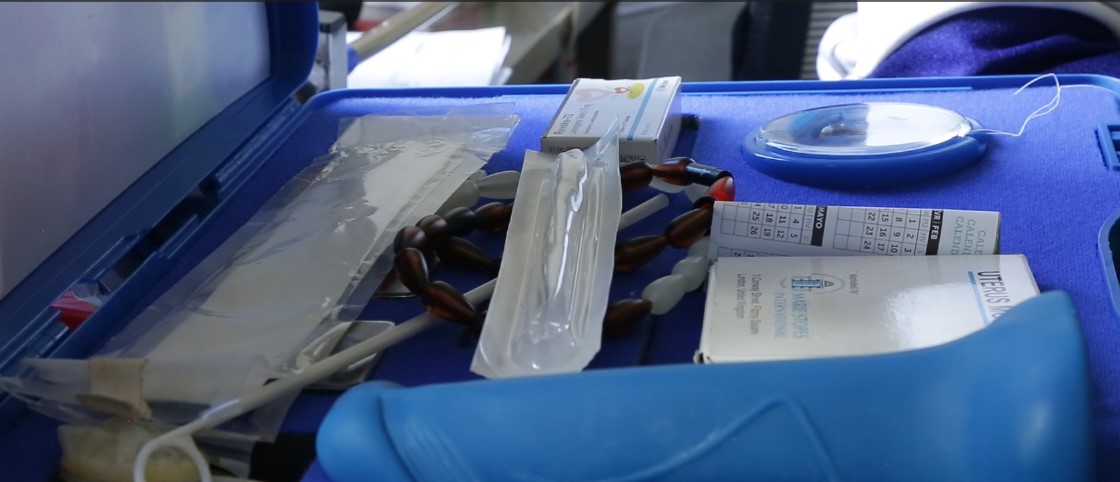
Tech revolutionizes family planning in Kenya’s coastal counties – KBC
Technology has become a game changer in contraceptive use in the coastal region, with Kilifi, Kwale, and Mombasa counties leveraging innovation to transform family planning.
The three counties, once known for their high fertility rates, are now witnessing a shift, thanks in part to the implementation of the Integrated Logistics Management Information System, iLMIS.
iLMIS, is a digital tool that has revolutionalised the way contraceptives are managed and distributed from the source to the end user by tracking stock levels in real-time, ensuring that health facilities are always well stocked and residents can access the health commodities of choice at any given time.
The technology has been developed by Kenya Medical Supplies Authority (KEMSA) with support from UNFPA, National Council for Population and Development (NCPD) and Division of Reproductive and Maternal Health (DRMH-MoH).
The Health CEC Kwale County, Dr. Francis Gwama says the county has automated systems and electronic proof of delivery to combat stockouts, pilferage, and inefficiencies in drug distribution, ensuring that family planning services are consistently available.

“In partnership with KEMSA, Kwale County trialed drone deliveries of medical supplies, including contraceptives, to remote areas. Each drone can carry up to 4 kilograms, ensuring timely delivery and reducing logistical challenges.” Dr Gwama said.
He noted that with teenage pregnancy rates at 15%, the county targets to reduce them to 10%, adding that it is working tirelessly to overcome cultural barriers and misconceptions surrounding family planning.
The prevalence of those using family planning in Kwale County has increased to 54% which is 3% short of the national statistics at 57%.
Kwale boasts 178 healthcare facilities offering integrated family planning services, including modern methods like injectable contraceptives and vasectomy.
According to Dr. Fatia Wangala, a pharmacist at Kwale County Hospital, iLMIS has transformed the process of procuring medical commodities especially the family planning.
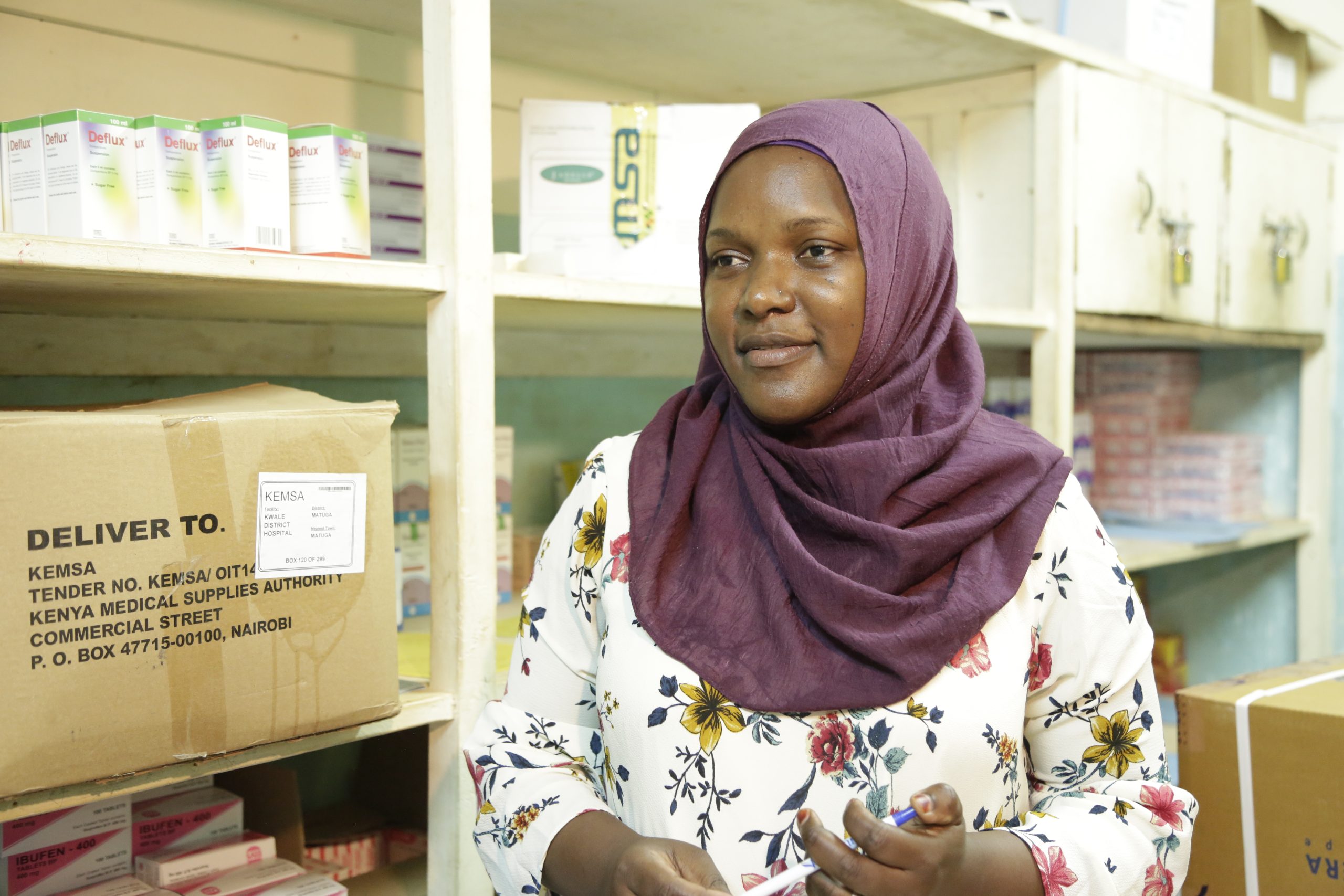
She says, integrated with the Kenya Health Information System (KHIS), iLMIS enables healthcare facilities to update their monthly consumption reports digitally.
These reports are automatically synchronized, allowing iLMIS to pull data directly from KHIS. This eliminates the need for manual data transfer and significantly reduces turnaround time.
“LMIS has really simplified the entire supply chain process,” said Dr. Fatia. “From quantification and placing orders to reviewing data and preventing stock-outs, it has been an invaluable tool in ensuring we meet the needs of our facilities.”
Transforming inventory management
Dr. Terry Kamau, in charge of pharmaceutical and store supplies at Mtwapa Sub-County hospital highlighted the effectiveness of iLMIS saying the facility can now track inventory in real time.
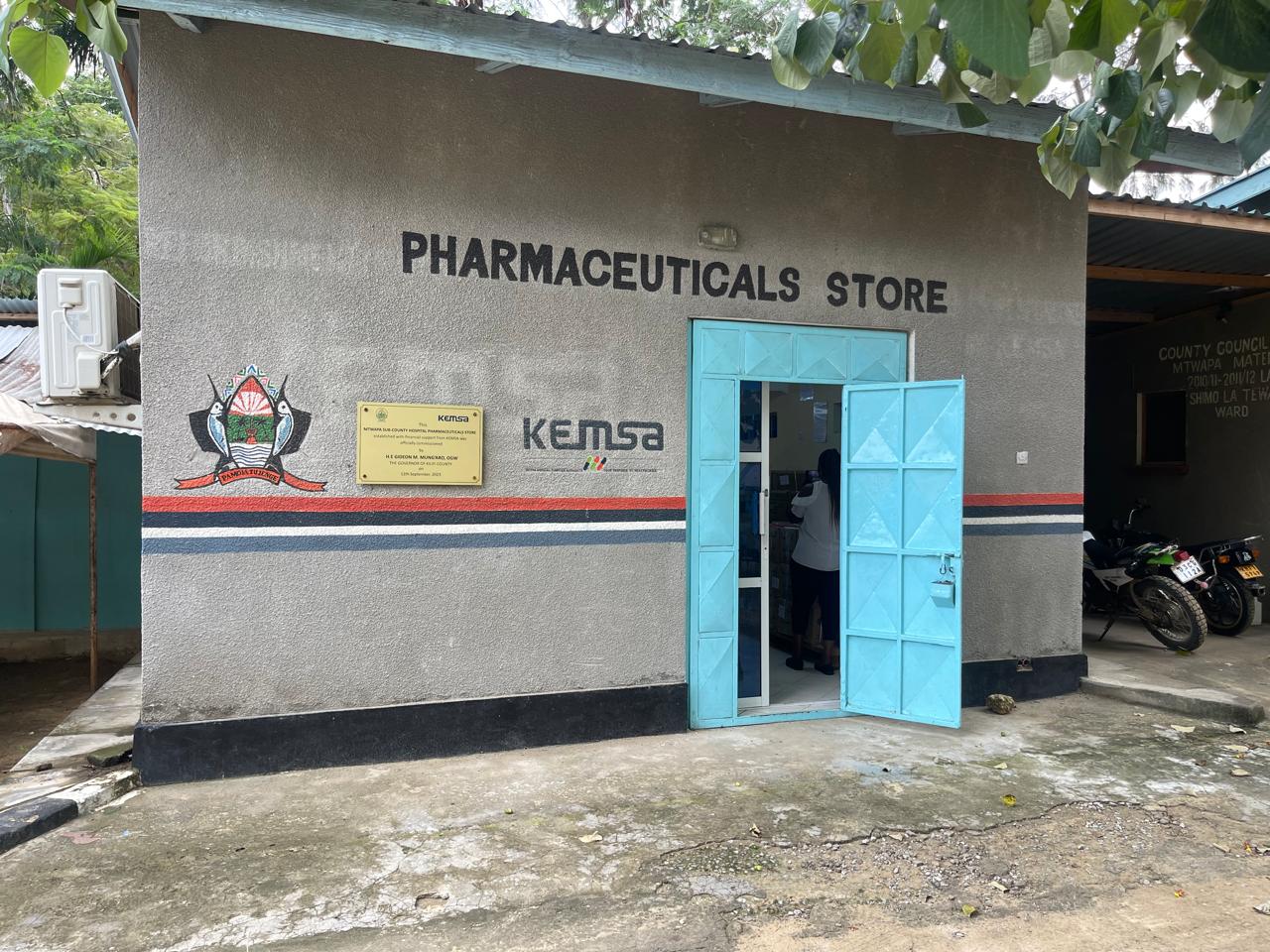
“We can track inventory in real time and record what we’ve received thanks to the system.” We can place new orders straight from the app when stock levels are low. Additionally, it is simple to keep an eye on everything because we have a soft copy of every item in the pharmacy, store, and other locations.
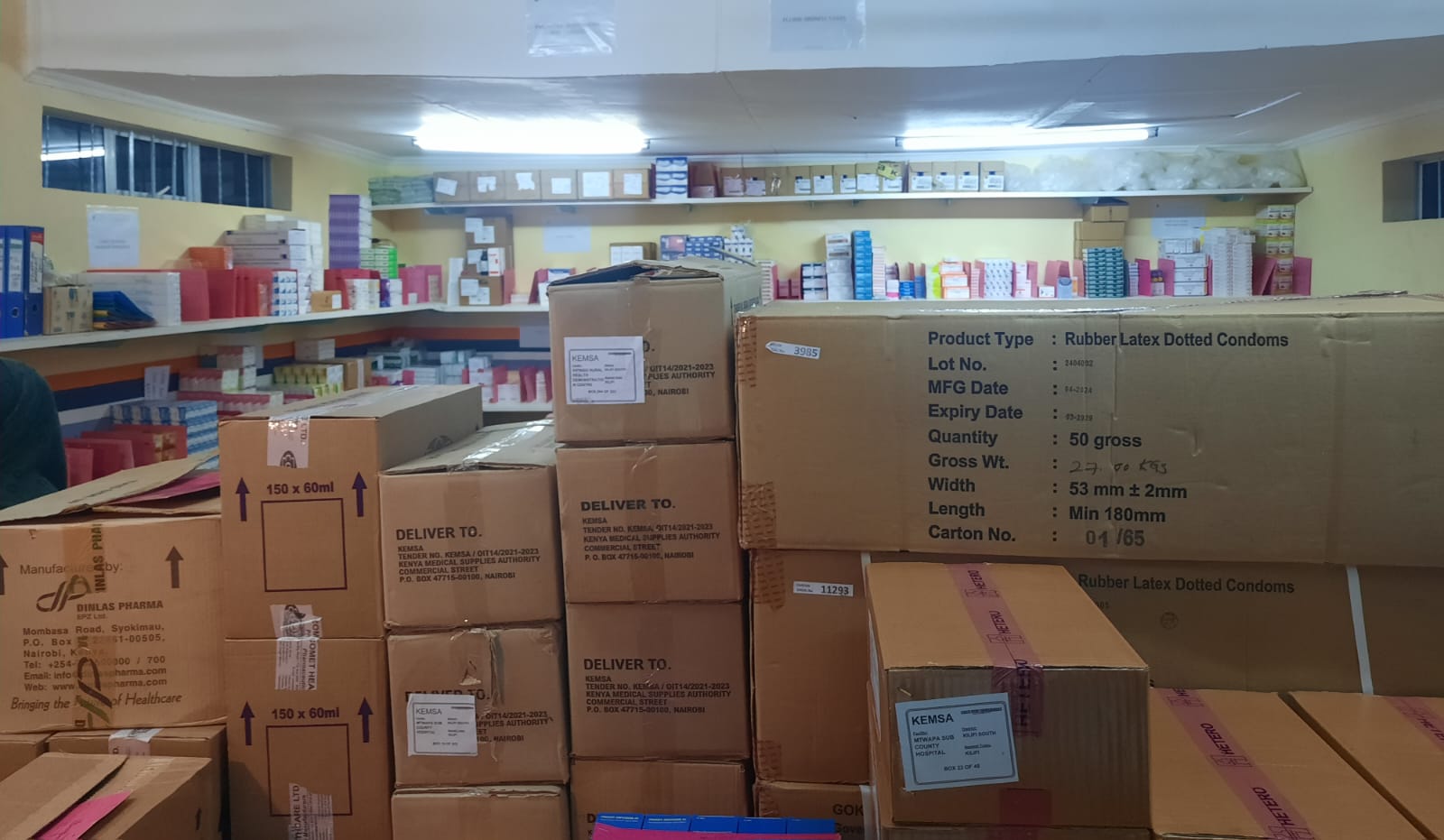
“The system helps us make timely decisions by warning us when stocks are running low or about to expire. For us, it has changed everything. In addition to streamlining procedures, real – time systems guarantee improved control, freeing up health facilities to concentrate on providing high quality care.”
According to UNFPA, the percentage of married women using modern contraceptives has steadily increased over time, from 32% in 2003 to 57% in 2022.
Over the same period, the unmet need for family planning declined from 27% to 14% (KDHS 2022).
UNFPA says the aim is to achieve 64% Modern Contraceptive prevalence rate (mCPR) by 2030.
UNFPA is working to address barriers to accessing family planning by ensuring a steady, reliable supply of quality contraceptives, strengthening the supply chain management system, and strengthening health workers’ capacity to provide services, particularly long-acting and permanent family planning methods.
Male involvement in maternal health
According to Dr. Matano Kibwana the Medical Superintendent at Kilifi County and Referral Hospital, through partnerships and outreach programs implemented by the International Centre for Reproductive Health (ICRH), UNFPA has worked to increase access to family planning services in the county.

Dr. Matano remarked that the hospital’s collaboration with the United Nations Population Fund (UNFPA) has been instrumental in improving maternal and child health outcomes in the county.
“UNFPA has supported us in numerous ways, particularly in maternal and child health. Their contribution has pushed us towards better care for our mothers and children,” said Dr. Kibwana.
He also called on male involvement in maternal health, noting that cultural and societal norms have historically excluded men from the pregnancy and delivery process but Dr. Kibwana says his team is determined to change that.
“We are encouraging male partners to participate, starting with antenatal care, so they understand the pregnancy process and the support their partners need,” said Dr. Kibwana.
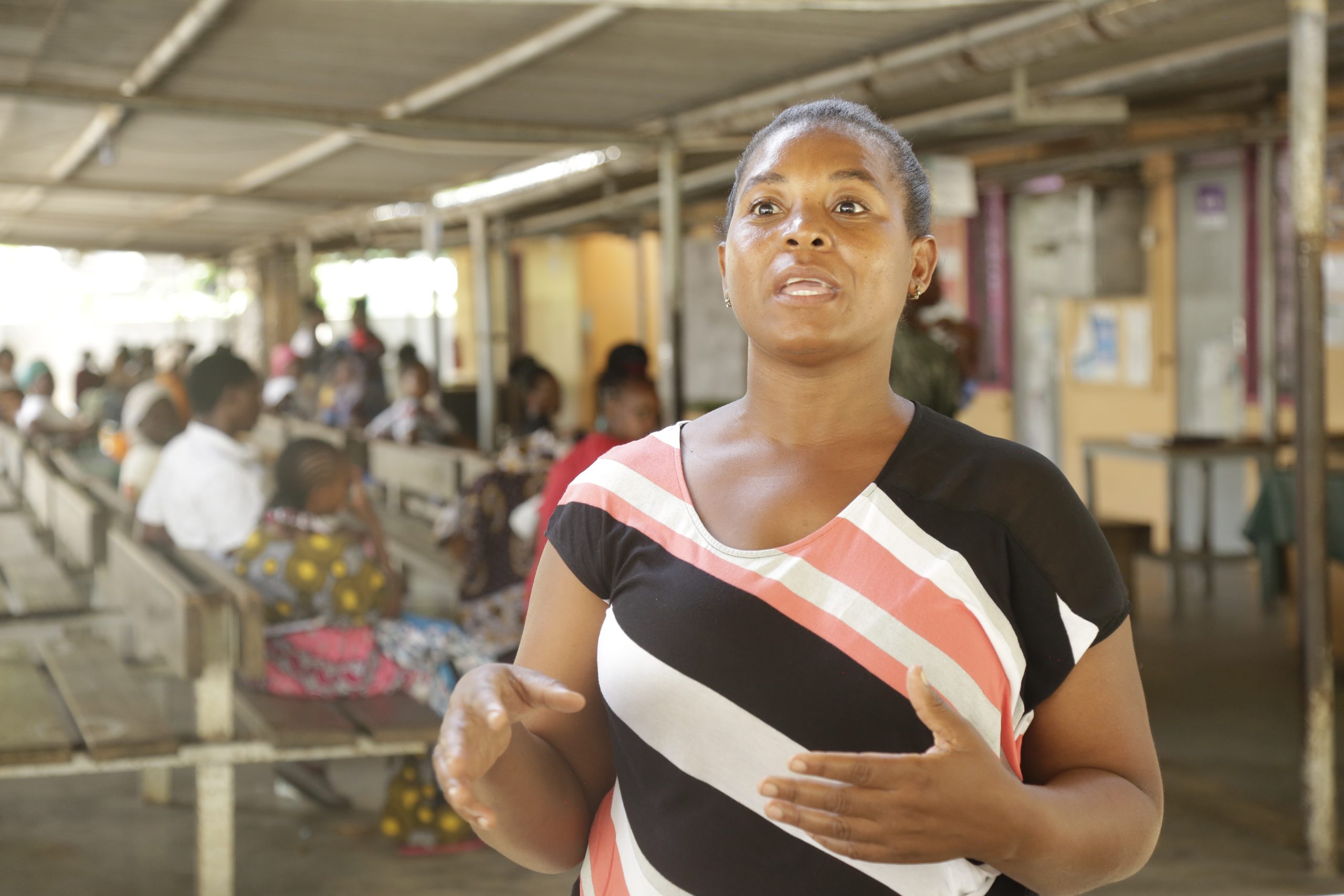
Selina Mnyazi a mother of four from Kilifi County says that through family planning services offered at the Kilifi County Referral Hospital, she has been able to plan her family well and urged women to take up FP and shun the misconceptions.
Continuous supply of health products
Dr. Stella Mukobi, the Pharmacist in Charge at Mwema Maternity Hospital in Likoni sub- county lauded the iLMIS platform saying it has helped the facility achieve continuous supply of essential health products.
“As a facility, we have embraced iLMIS which has enhanced accountability visibility and also transparency. We usually do quarterly orders to ensure, continuous supply of help for medical commodities and technologies through the platform and it has played a vital role in ensuring access of family planning commodities in this community.” Said Dr. Mukobi.
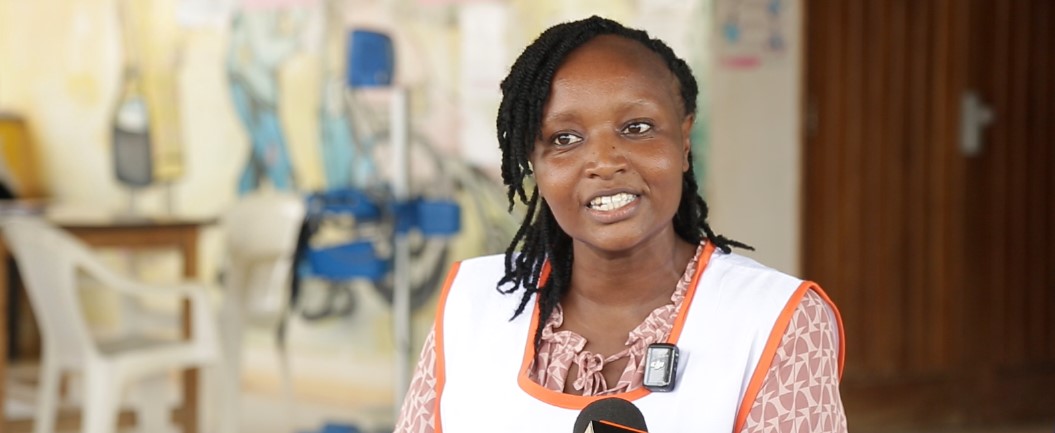
She noted the effectiveness of iLMIS in continuously supporting supply of FP commodities in turn reducing unwanted pregnancies, and promoting maternal and perinatal health.
According to data from Kenya Bureau of Statistics – KNBS, between 2019-2023, the number of new clients for family planning nationally which include injections, Pills Progestin, Implants Insertion, and Bilateral Tubal Ligation, sterilization for females increased.
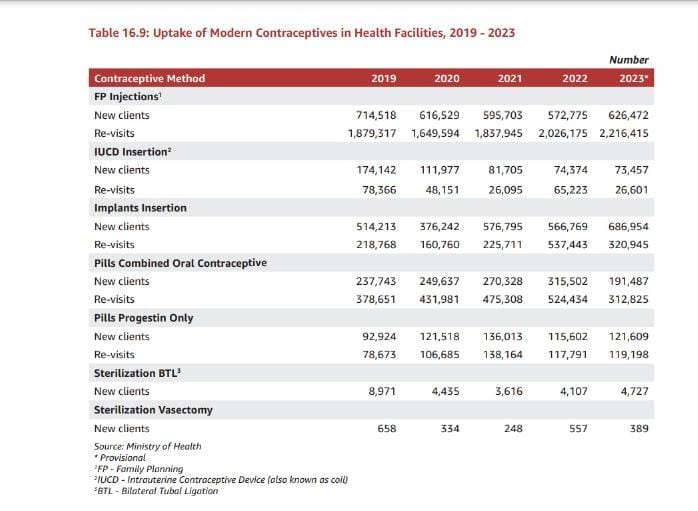
In 2023, family planning Injections were the most popular method of contraception, with 2.8 million clients, followed by Implants Insertions at 1.0 million clients.
The number of women experiencing Sterilization BTL increased by 15.1 per cent to 4,727 while the number of men getting Male Sterilization Vasectomy decreased by 30.2 per cent to 389 clients in 2023.
Watch https://youtu.be/EDHUsOc9o8Q?si=IzE0l0tFv2DNVl7N
Also read https://kbc.co.ke/kemsa-maximising-technology-reduce-medical-stockouts/
